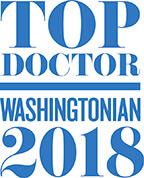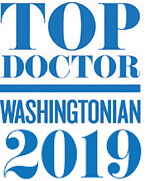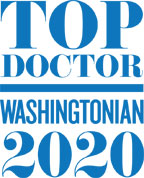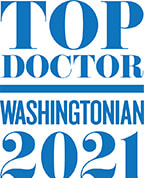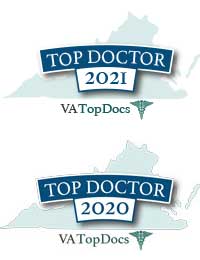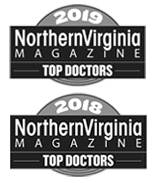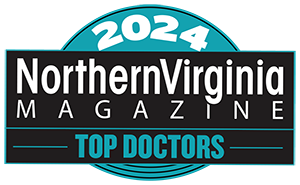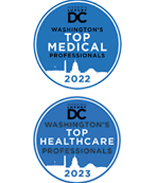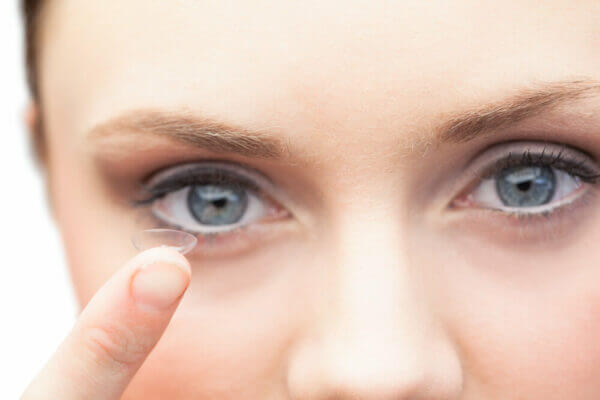
Contact lenses are a great lifestyle choice for those who don’t want to wear glasses all the time. They’re also great for those who may not want a vision correction procedure. People wear contacts all over the world for cosmetic and medical reasons. At See Clearly Vision, our eye doctors fit all types of contact lenses for common vision problems. These issues include nearsightedness, farsightedness, astigmatism, and presbyopia. All patients considering contact lenses must have an eye examination and contact lens fitting. From there, we are able to give you a contact lens prescription.
Considering contact lenses? Here’s what you should know.
There are a wide variety of contact lens options. We offer the best possible lens materials and fitting techniques. This provides a safe and comfortable experience for patient who wear contact lenses. It’s important to know that there are many different kinds of contact lenses available, as well as different lenses and materials.
What Are Medically Necessary Contact Lenses?
Medically necessary lenses are for patients with injuries or eye diseases where an irregular corneal shape may blur vision. Patients suffering from keratoconus, corneal scarring, or corneal irregularity may find these lenses beneficial. See Clearly Vision provides medically necessary contact lens expertise at our practices in Tysons Corner and Arlington.
What Materials Are Contact Lenses Made Out Of?
Different contact lenses have different materials, based on the manufacturer, design, and uses for the lens. Common lenses and materials include:
Soft Contact Lenses
Soft contact lenses are made of soft water-containing flexible plastics called “hydrogels”. Hydrogels allow oxygen to pass to the cornea to maintain its health and clarity. These thin and pliable lenses adjust to the front surface of the eye. Soft contact lenses are comfortable for most wearers. Silicone hydrogel lenses are more porous than regular hydrogel lenses. They also allow more oxygen to reach the cornea.
Rigid Gas Permeable Lenses
Rigid Gas Permeable Contact Lenses(RGPs) are more durable and resistant to deposit buildup. They generally provide sharper vision than soft and silicone hydrogel contacts. They’re an especially good option for people with astigmatism. They are easier to handle and less likely to tear. Initially, they are not as comfortable as soft lenses, and it may take several weeks to adjust. After this adaptation period, most people find RGP lenses as comfortable as hydrogel lenses.
How Long Can You Wear Contact Lenses?
There are two kinds of contact lenses that determine how long you can wear them.
Daily Wear
Daily wear contacts, or dailies, are for once-daily use only. They must be removed and thrown out nightly.
Extended Wear
Extended wear contacts can be worn overnight up to 7 consecutive days. Some extended wear contacts are FDA approved for up to 30 consecutive days. Extended Wear contacts are usually thinner than Daily Wear products. This allows oxygen to reach the cornea while you are sleeping. Your See Clearly Vision doctor will tell you whether you can safely wear extended wear contacts. Manufacturers usually recommend the most time that you can wear extended wear contacts. Some patients can’t tolerate sleeping in contact lenses at all. Sleeping in contact lenses increases your risk of eye infections.
When Should Contact Lenses Be Replaced?
Soft lenses are classified according to how often they need to be replaced. Even with proper care, soft contacts should be replaced frequently. This prevents the build-up of lens deposits and contamination. Besides preventing eye infections, frequent replacement maintains the clarity of vision. Lens replacement times can range from daily to monthly. Gas permeable lenses are less susceptible to deposit buildup and can last a year or more.
What Goals Do Contact Lens Designs Achieve?
Soft contact lenses have a variety of designs depending on their purpose:
Spherical contact lenses have the same power throughout the optical part of the lens. This is to correct for nearsightedness or farsightedness.
Toric soft contact lenses have different powers in different sections of the lens. This is to correct for astigmatism as well as nearsightedness or farsightedness. People with astigmatism usually have an unequal curvature of the cornea. Toric lenses need a greater degree of fitting expertise to achieve precise vision correction. Toric lenses are also available in rigid gas permeable materials.
Multifocal Contact Lenses contain several different power zones. Patients can enjoy the benefits of wearing contact lenses and won’t need glasses to correct presbyopia during the day. They can allow the user to see near, far and in-between (computer use).
Bifocal Contact Lenses contain two different prescriptions in one lens.
There are many other specialty lenses available, such as those designed to help dry eye or protect from UV rays. Your See Clearly Vision eye care specialist will measure the diameter and curvature of your eye. With these results, they may recommend the best lens options to meet your needs. This ensures that your contact lenses fit properly.
What Are Specialty Prosthetic Contact Lenses?
Specialty prosthetic contact lenses are for patients with corneal conditions like keratoconus. Other patients may wear prosthetic lenses to cover injuries or disfigurements. Besides the cosmetic benefit, prosthetic lenses have other advantages. They may control light flow, adjust prescription strength, and maximize vision for a damaged eye. Our doctors at See Clearly Vision often work with patients who need contact lenses for medical reasons. They have advanced training in providing medically necessary contacts for irregular corneas.
It can take months of trial lens fittings to find the proper contact lens. It’s important that the contact is both comfortable for the patient and corrects the vision problem. These include keratoconus, cornea transplants, corneal ectasia, corneal scarring resulting from infection or trauma, ocular surface diseases such as Sjögren’s Syndrome, Stevens-Johnson Syndrome (SJS) and Ocular Graft Versus Host Disease (GVHD).
Our skilled optometrists can offer patients with complex corneal conditions a diverse selection of contact lenses to address their needs:
- Rigid Gas Permeable (RGP) Contact Lenses with large diameters
- Rigid Gas Permeable (RGP) Contact Lenses with unique interior shapes and geometries
- Scleral contact lenses that fit beyond the corneal diameter, which help patients with keratoconus, dry eyes, or other corneal irregularities
- SynergEyes Hybrid Contact Lenses with a Rigid Gas Permeable (RGP) center and a soft hydrophilic peripheral skirt
- Piggyback Contact Lenses in which a soft lens is carefully placed on the eye, then a special fit Rigid Gas Permeable (RGP) Lens rests on top of the soft lens
- Custom Designed Hydrophilic and Silicone Lenses
Looking for more information about contact lenses and if they could be right for you? Schedule an appointment with one of the doctors at See Clearly Vision in Arlington, VA!

